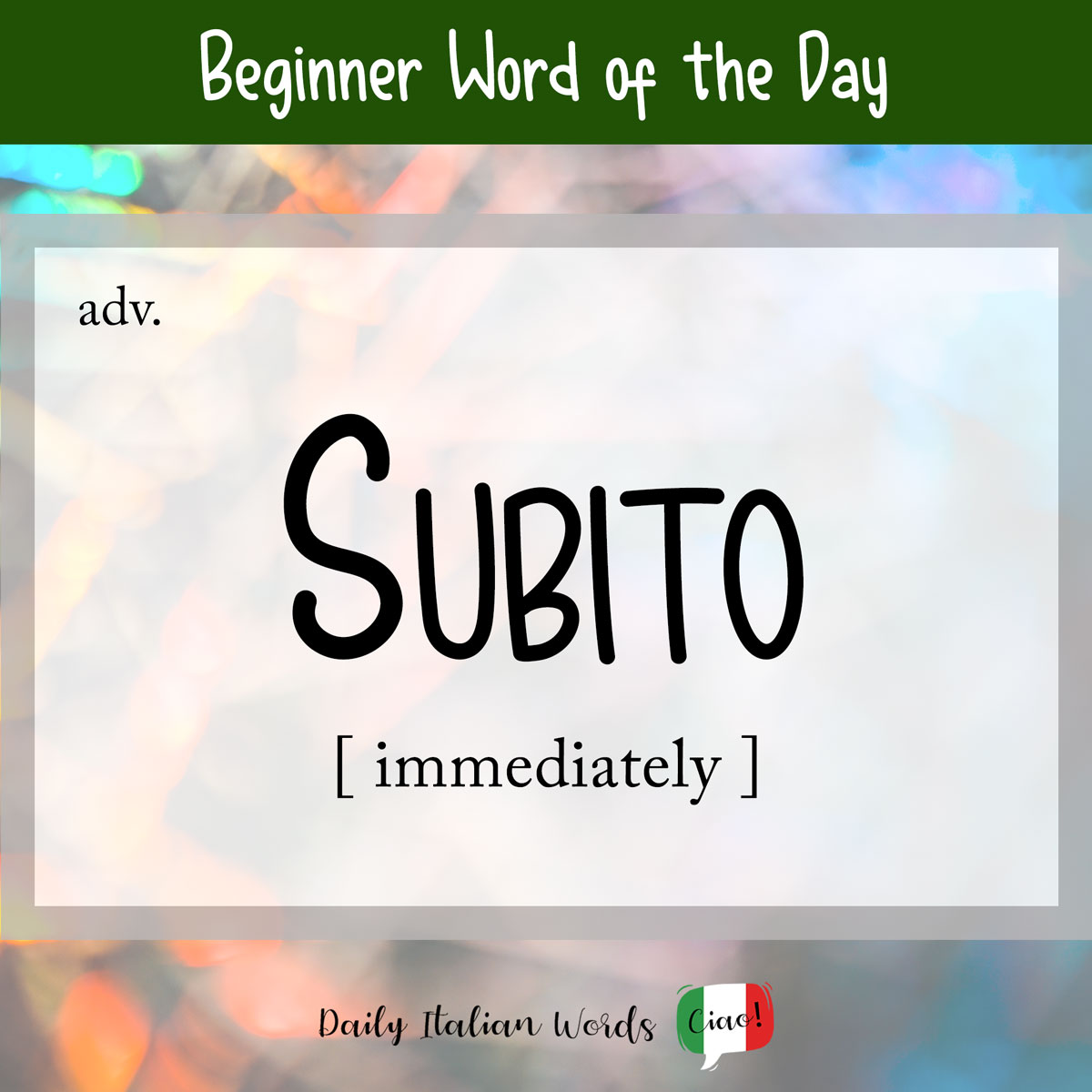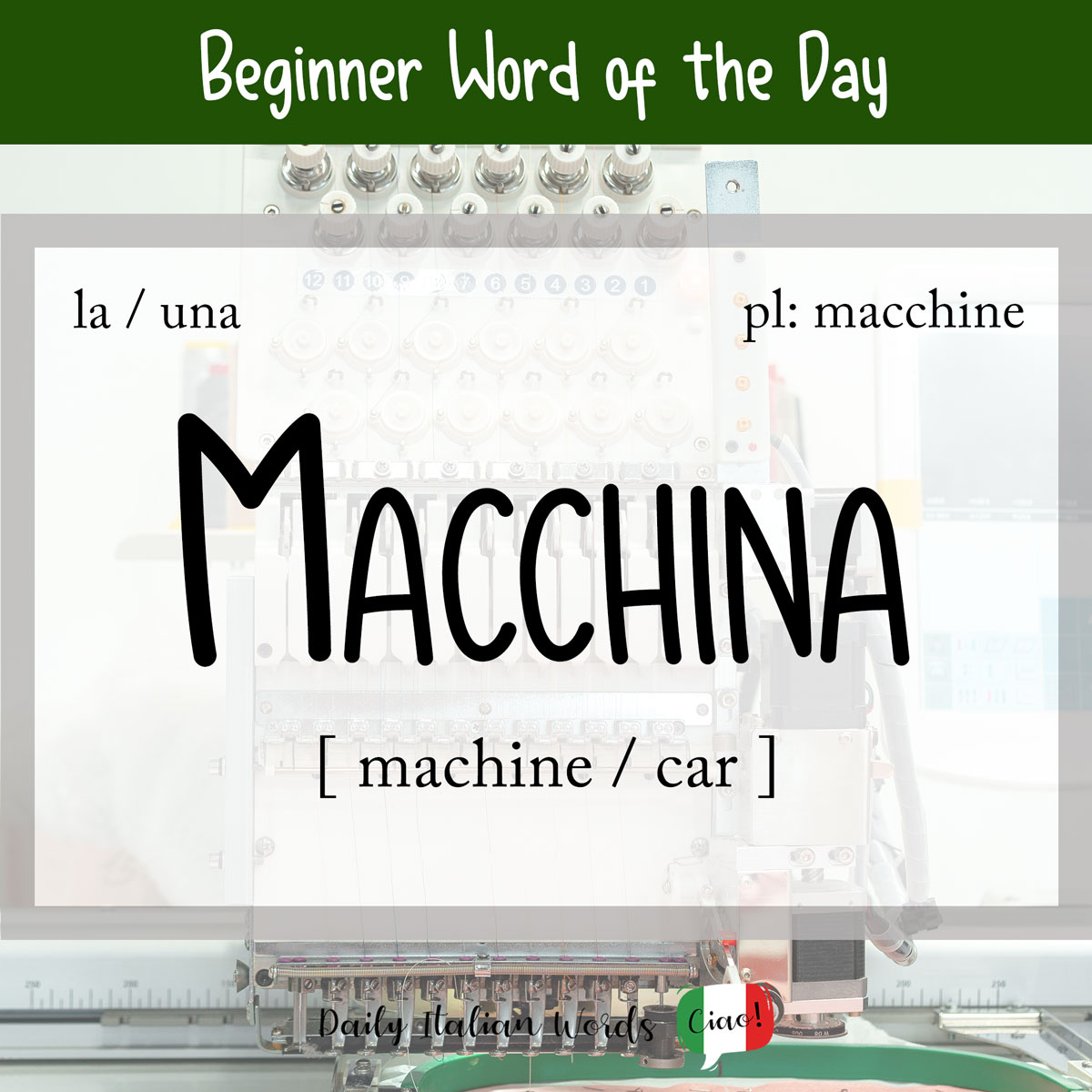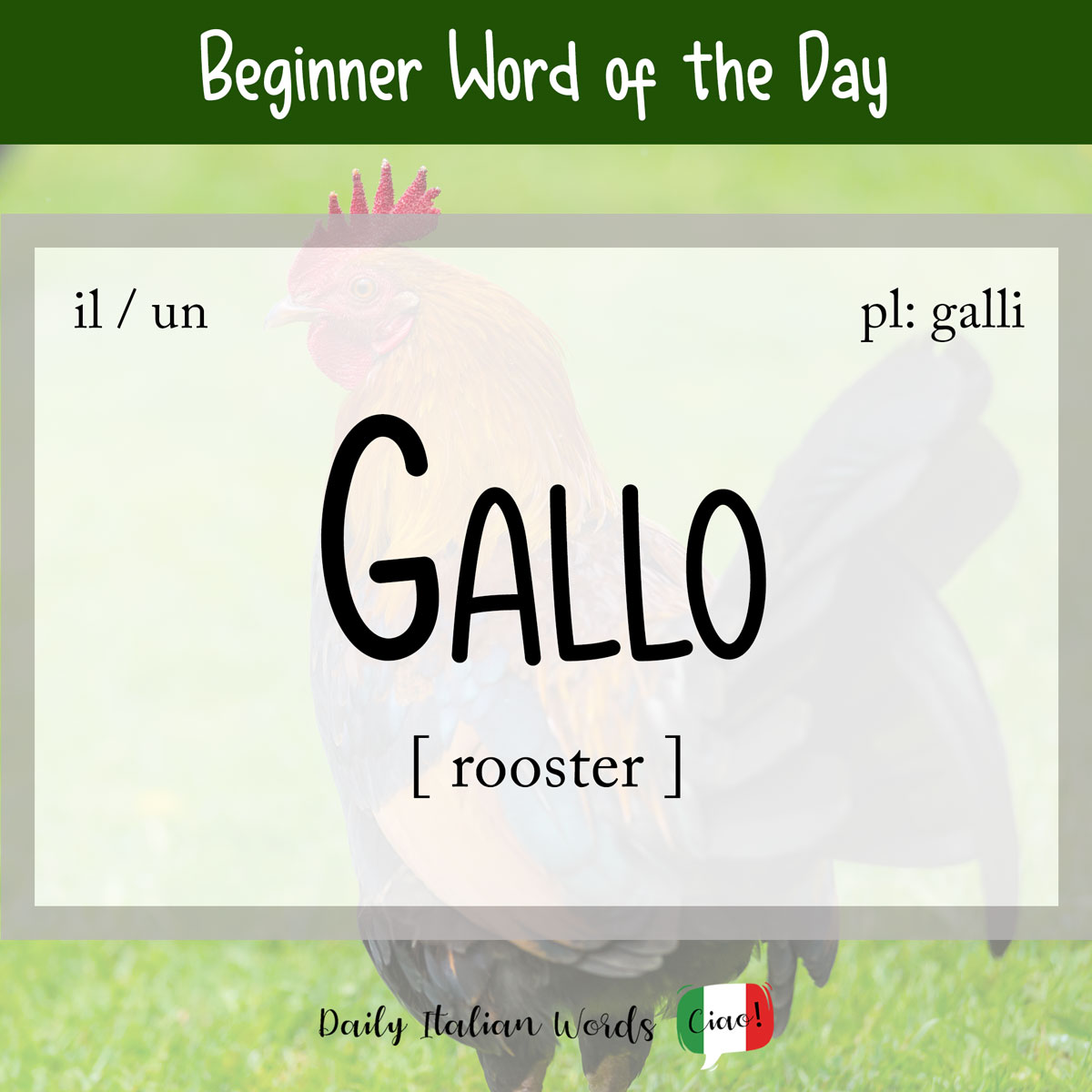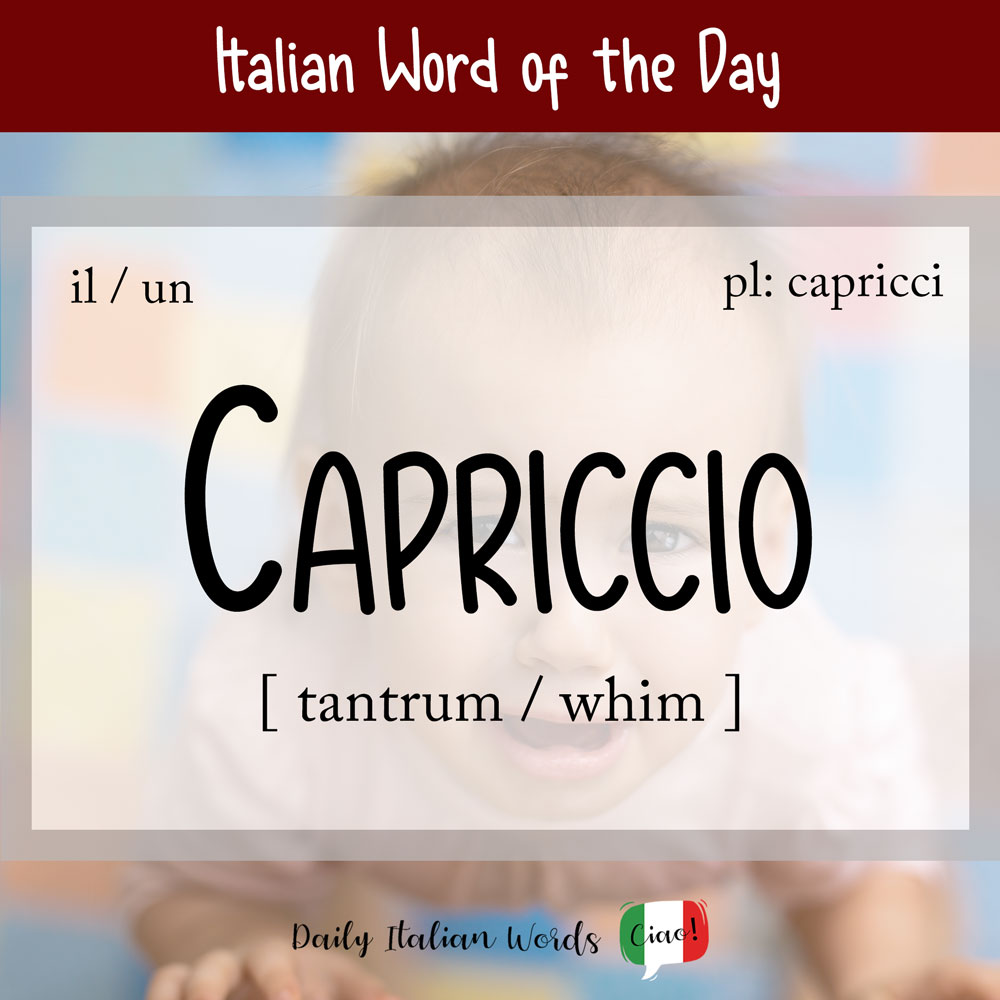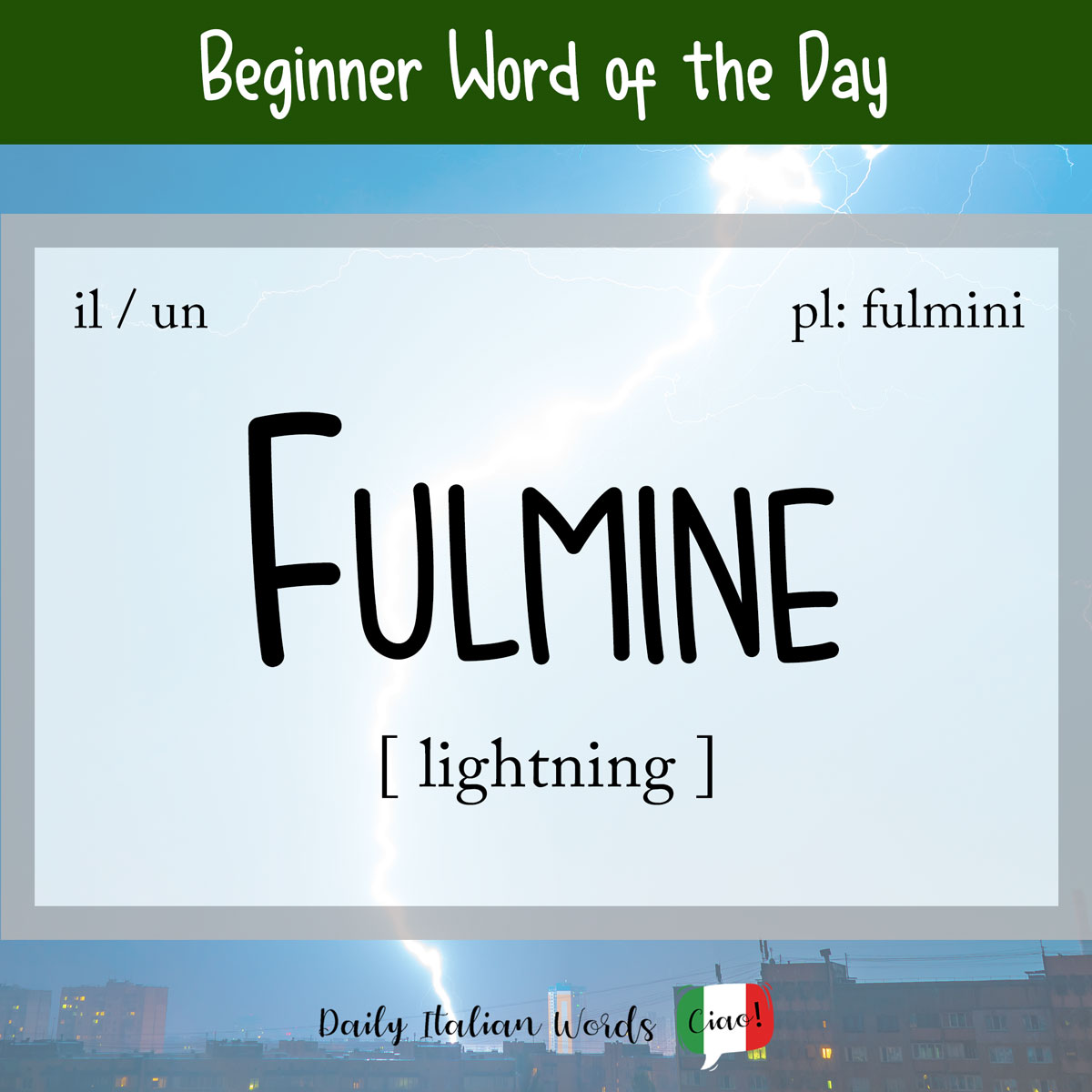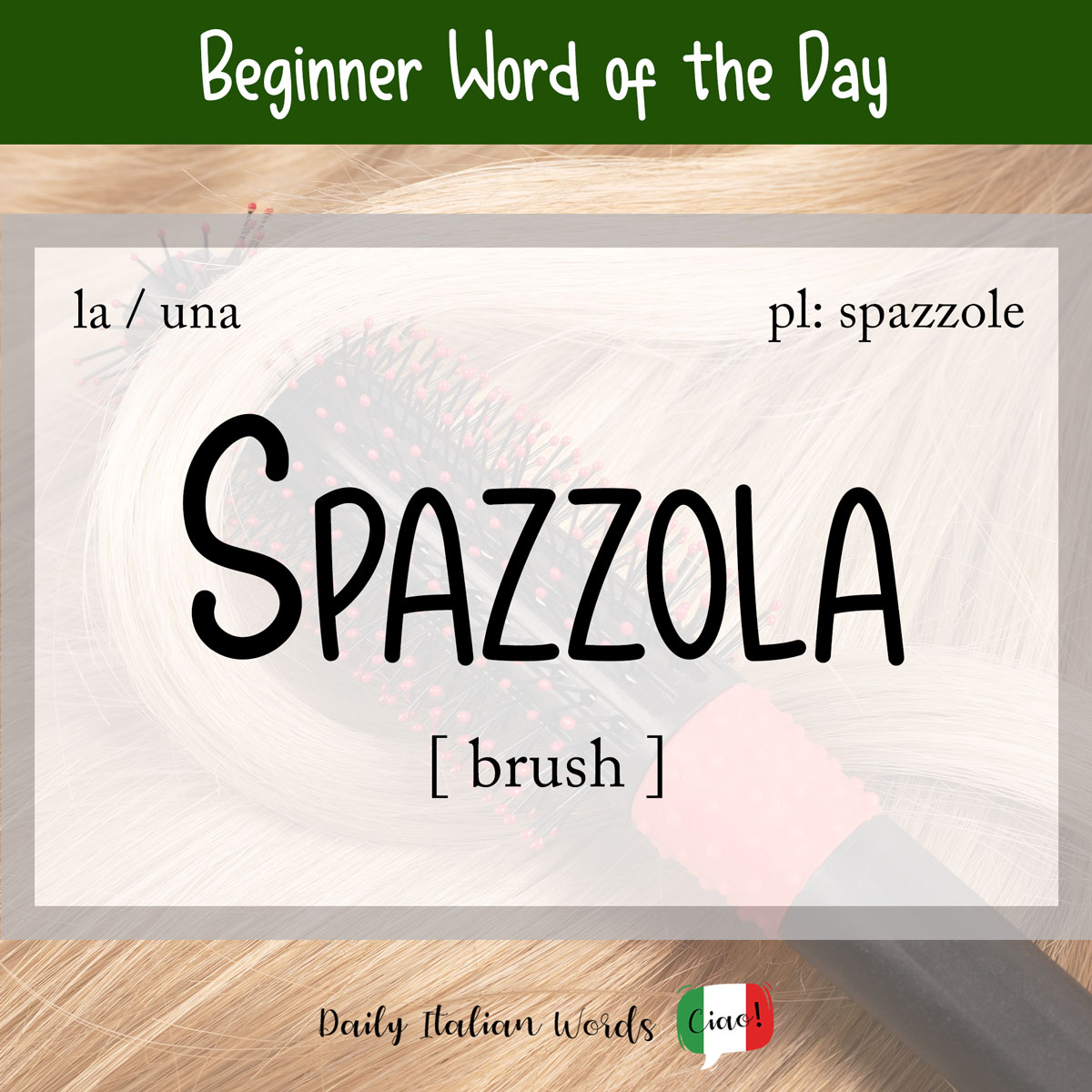Italian Word of the Day: Subito (immediately)
If you are the kind of person who likes getting things done quickly and efficiently, you’re going to love our word of the day! The adverb subito, which derives from the Latin word of the same spelling, can translate in numerous ways including immediately, right away or quickly. Per favore vai all’ufficio postale. Questo pacco …

